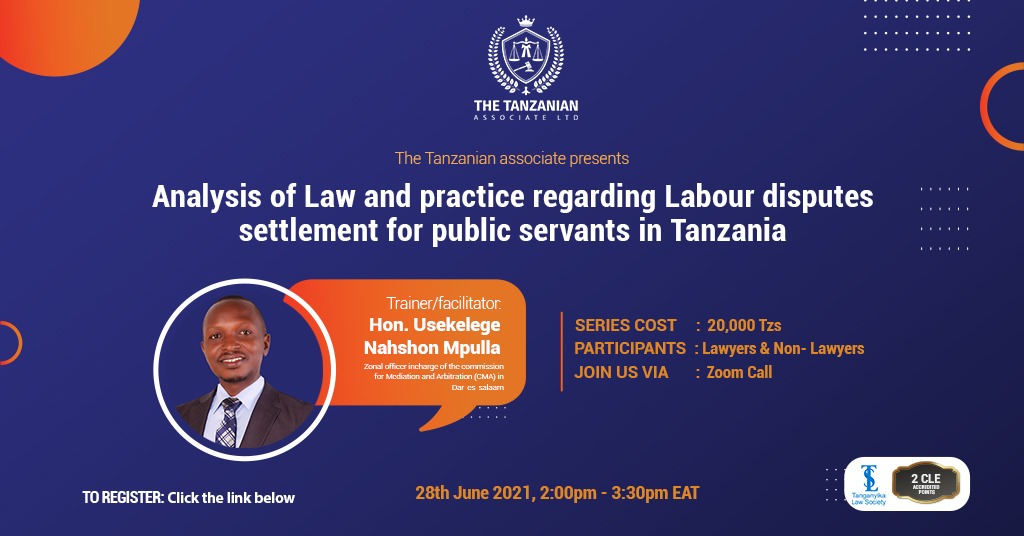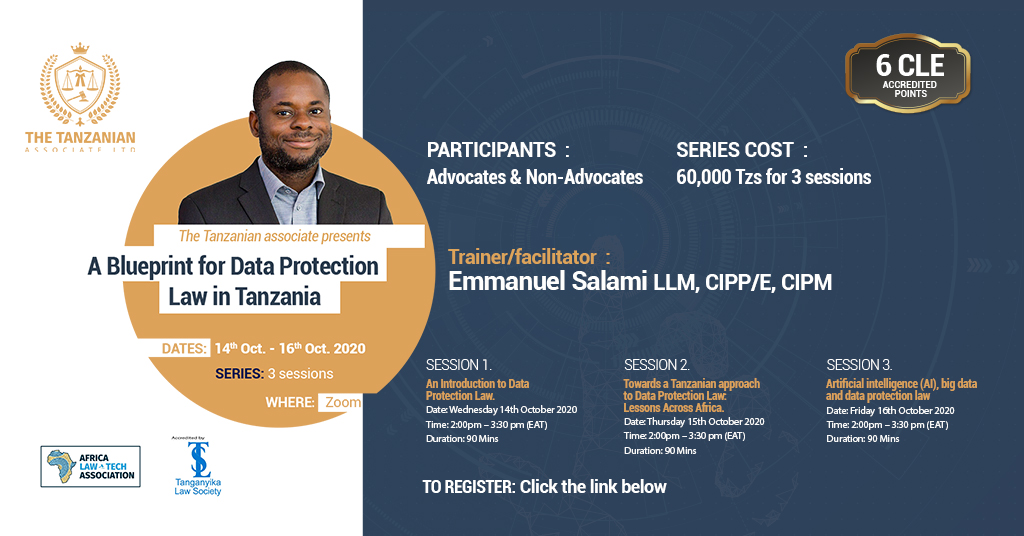Staying Ahead of Tax Compliance amid covid-19 pandemic

It is clearly apparent that we are living in unprecedented times, following the outbreak of corona virus (COVID-19), which was first reported in Wuhan, China. With it being declared a ‘Public Health Emergency of International Concern’, there is significant adverse commercial impact being felt globally. As a result of Covid-19, many businesses and workers have been affected. Businesses are at the brink of shutting down which will consequently lead to a spike in unemployment rates across the world.
In response to the rapidly evolving situation and the negative impact on businesses, a lot of countries around the world have come up with various measures including tax changes to help workers and businesses survive the pandemic. These measures among others include reduction of tax rates, tax exemptions, and withdrawal of interest /penalties on late payment of taxes or filing of tax return for a specified period.
In Tanzania, the Government is yet to issue tax measures following the outbreak of Covid-19. Nonetheless, I would like to discuss provisions of the law that taxpayers in Tanzania who have been affected by the current pandemic can take advantage of while staying compliant with the tax regulatory framework.
– Section 39 of the Tax Administration Act, 2015 (TAA) – extension of time to file tax returns;
– Section 55 of the TAA – extension of time to pay taxes;
– Section 51(2) of the TAA – extension of time to file notice of objection; and
– Regulation 21(2) of the Tax Administration (General) Regulations 2016 – extension of time to respond or provide documents to the Tanzania Revenue Authority (TRA).
Filing of tax returns: In case taxpayers have been badly affected due to Covid-19 pandemic, they can apply to the Commissioner for extension of time to file tax returns up to a maximum of 30 days. However, the application for extension of time should be applied at least 15 days before the due date of filing.
Tax payments: The TAA allows taxpayers to apply for extension of time to pay tax under the tax laws. Therefore, where taxpayers’ cash flows have been significantly affected due to dwindling economic fortunes as a result of Covid-19 pandemic, they should consider applying for extension of time to pay taxes.
Filing of Notice of Objection: Taxpayers have the right to apply to the Commissioner for extension of time to file notice of objection should the taxpayer consider they have reasonable grounds to warrant an extension. I am of the view that Covid-19 pandemic (if has affected taxpayers) could be considered reasonable grounds to apply for extension of time to file the notice of objection.
Response or provide documents to TRA: In situations where employees of taxpayers have been affected by Covid-19 such that they are working from home hence anticipating delays in responding to TRA or providing information in a timely manner, the TAA and its Regulations allow taxpayers to apply for extension of time up to 14 days to provide responses or the information requested.
Whilst I have highlighted legal provisions that provide room to defer compliance obligations (although for a number of days), I appreciate that some compliance obligations will prove challenging due to the Covid-19 pandemic because the law does not provide flexibility in terms of compliance time limits. For example, the requirement to send daily Z-reports for sales will be difficult where there is no one in the office to run the system. In cases such as this, taxpayers may consider writing to TRA to agree on temporary discretionary measures until the crisis subsides.
Considering, tax measures in response to the Covid-19 pandemic are yet to be issued in Tanzania, I would advise taxpayers to continue abiding by the current provisions of the tax regulatory framework and file tax returns and pay taxes as required by the law.
Donald Nsanyiwa
Associate Director Tax
KPMG Tanzania
E: ndonald@kpmg.com
The views expressed herein are personal and do not necessarily represent the views of KPMG.









